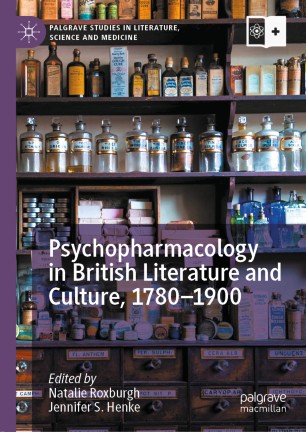

Most ebook files are in PDF format, so you can easily read them using various software such as Foxit Reader or directly on the Google Chrome browser.
Some ebook files are released by publishers in other formats such as .awz, .mobi, .epub, .fb2, etc. You may need to install specific software to read these formats on mobile/PC, such as Calibre.
Please read the tutorial at this link: https://ebookbell.com/faq
We offer FREE conversion to the popular formats you request; however, this may take some time. Therefore, right after payment, please email us, and we will try to provide the service as quickly as possible.
For some exceptional file formats or broken links (if any), please refrain from opening any disputes. Instead, email us first, and we will try to assist within a maximum of 6 hours.
EbookBell Team

4.4
12 reviewsThis collection of essays examines the way psychoactive substances are described and discussed within late eighteenth- and nineteenth-century British literary and cultural texts. Covering several genres, such as novels, poetry, autobiography and non-fiction, individual essays provide insights on eighteenth- and nineteenth-century understandings of drug effects of opium, alcohol and many other plant-based substances. Contributors consider both contemporary and recent medical knowledge in order to contextualise and illuminate understandings of how drugs were utilised as stimulants, as relaxants, for pleasure, as pain relievers and for other purposes. Chapters also examine the novelty of experimentations of drugs in conversation with the way literary texts incorporate them, highlighting the importance of literary and cultural texts for addressing ethical questions.